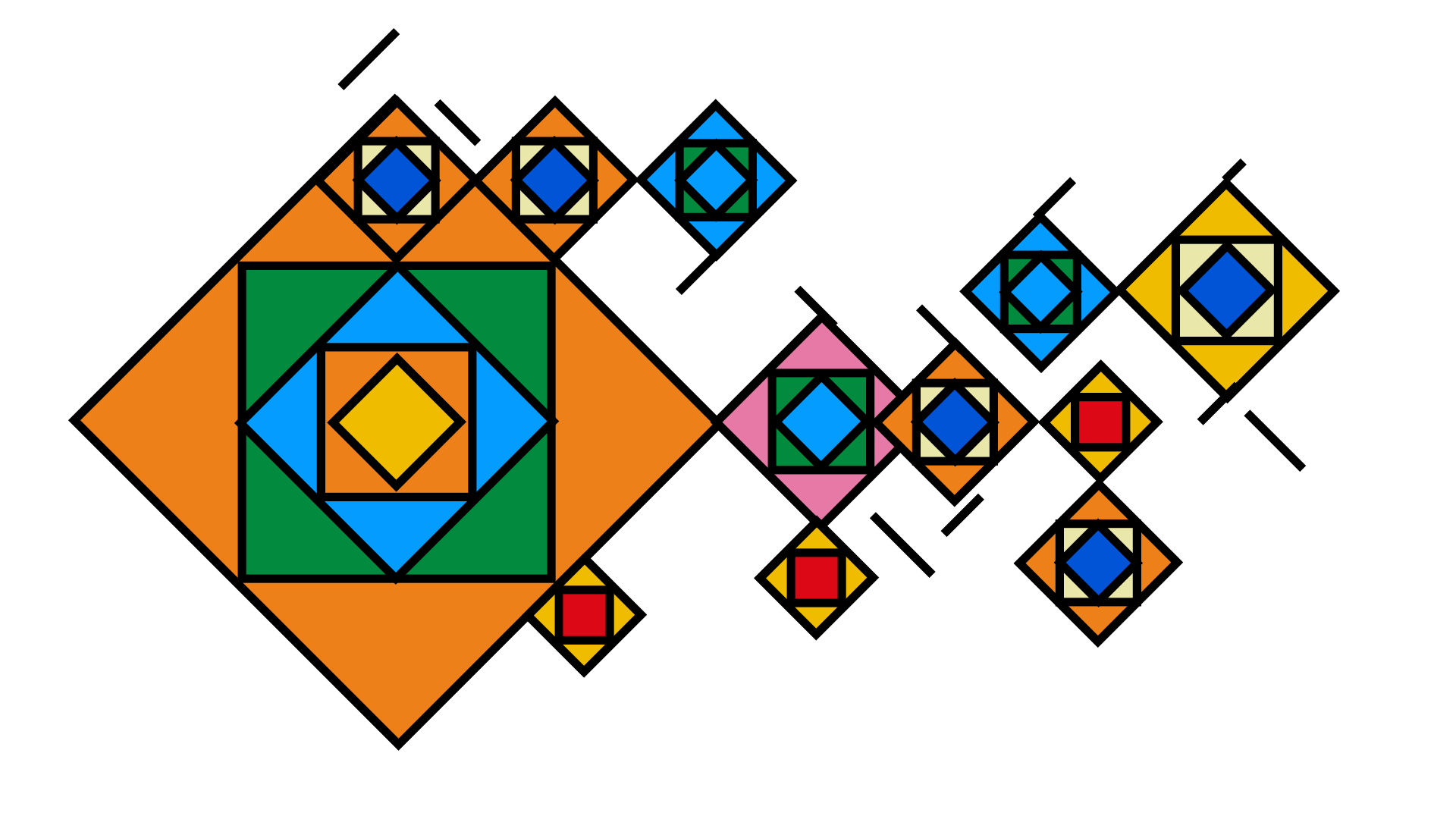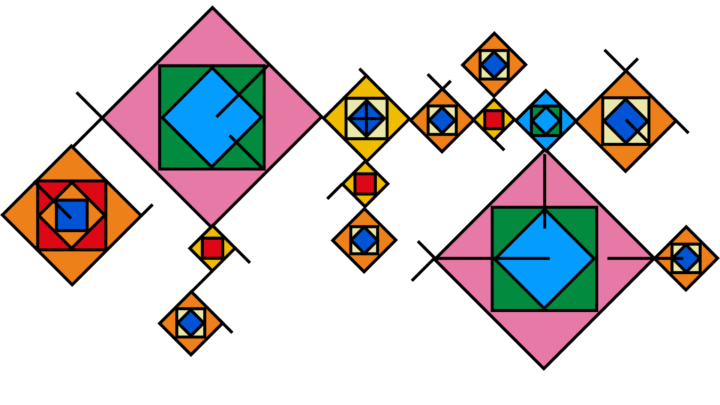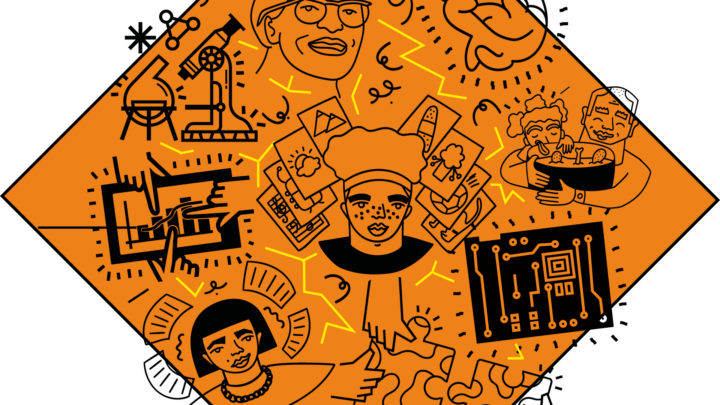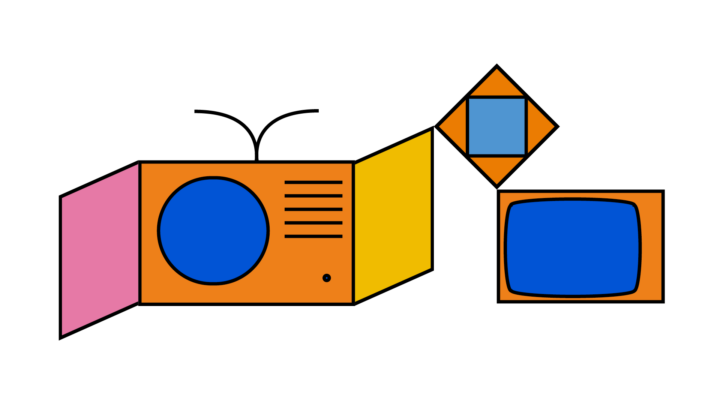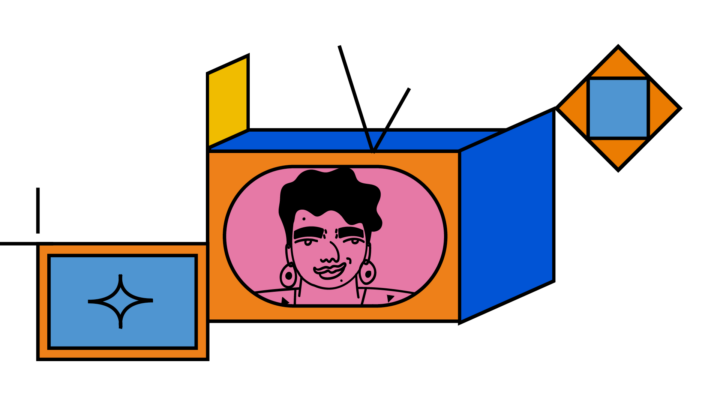Henriette Litta has a degree in Political Science and is Executive Director of the Open Knowledge Foundation (OKF).
What has the F5 2022 Alliance done to lend weight to the demand for more inclusion of civil society in digital policy?
Henriette Litta: As an alliance, we really got going in 2022 and launched the first formats – including our “Parliamentary Breakfasts” – which are morning events in the Bundestag that we implemented under the auspices of various parties and with MEPs from different parliamentary groups. The aim is to show the range of topics on which we are able to speak as representatives of civil society. We set topics that we consider politically relevant and that are topical – such as a digital project from the coalition agreement or an upcoming bill. We also get in touch with members of the Bundestag’s Digital Committee and encourage an exchange.
The first Parliamentary Breakfast was held with the Chair of the Digital Committee, Tabea Rösner (B90/The Greens), on the national implementation of the Digital Services Act. As an alliance of organizations, each with its own focus, we show that there are different facets of and perspectives on each topic. The goal is to provide expertise, to be approachable and to carry the common good orientation into politics. And, of course, we ourselves want to learn from the exchange: Which topics are on the political agenda? Which aspects are particularly relevant?
What framework conditions should policymakers create to enable civil society to participate more in political processes?
In the coalition agreement, the current government has indeed undertaken to involve civil society more in digital policy, which we also welcome. However, in my view, it is clear that the politicians’ approach to civil society is often limited to collecting input rather than seeking a genuine exchange of views on a level playing field. The Digital Summit in December 2022 – to which we as F5 were invited at very short notice and where societal issues of digital policy were almost absent – is an example of this. The event’s format was more like a trade fair, where projects were put on display. But it wasn’t really a discussion forum where people could look to the future together and try to develop new ideas with all stakeholders.
There is still a lot of room for improvement in all subject areas and departments as far as the involvement of civil society is concerned.
How can the alliance develop its effectiveness through the interaction of the individual stakeholders?
The alliance is still young – in my view, it is strong because of the different perspectives, expertise and methods. WMDE and we as OKF can bring perspectives of volunteer communities, the Society for Civil Liberties stands for strategic litigation to bring about policy change, AlgorithmWatch brings expertise and activism in the field of artificial intelligence, and Reporters Without Borders brings international civil liberties issues to the table. Such a pooling of digital civil society forces is, in my view, unique – and a key to impact power.
F5 is here to stay. Our advantage is that, thanks to lean internal processes, we can also coordinate positions at short notice and communicate them to the outside world fairly quickly. 2022 is the launch date. Much more can happen.
Wikimedia Deutschland (WMDE), the Open Knowledge Foundation (OKF), Reporters Without Borders (RSF), AlgorithmWatch, and the Society for Freedom Rights (GFF) have joined forces in the F5 alliance to advocate for democratic digitization.

